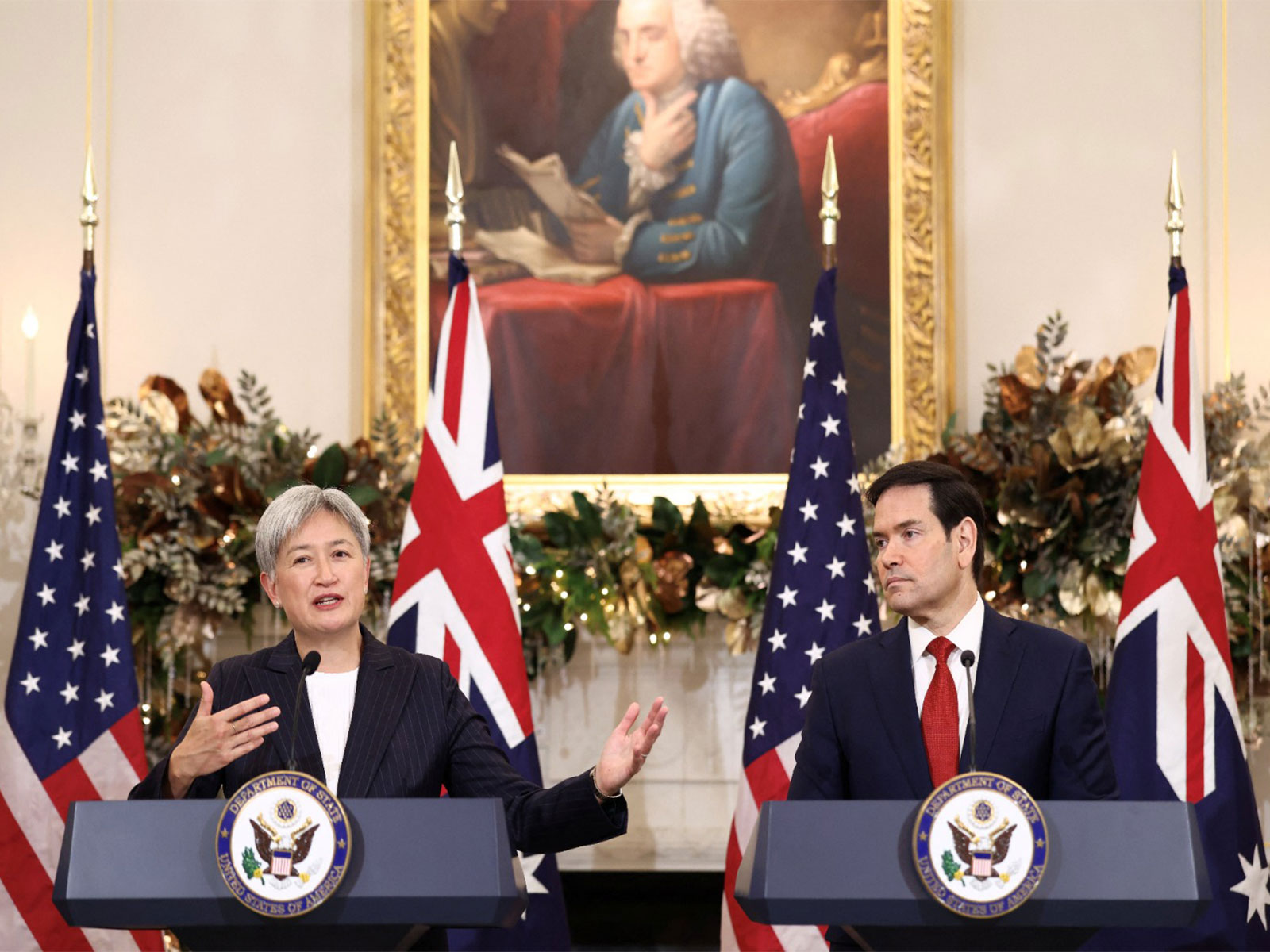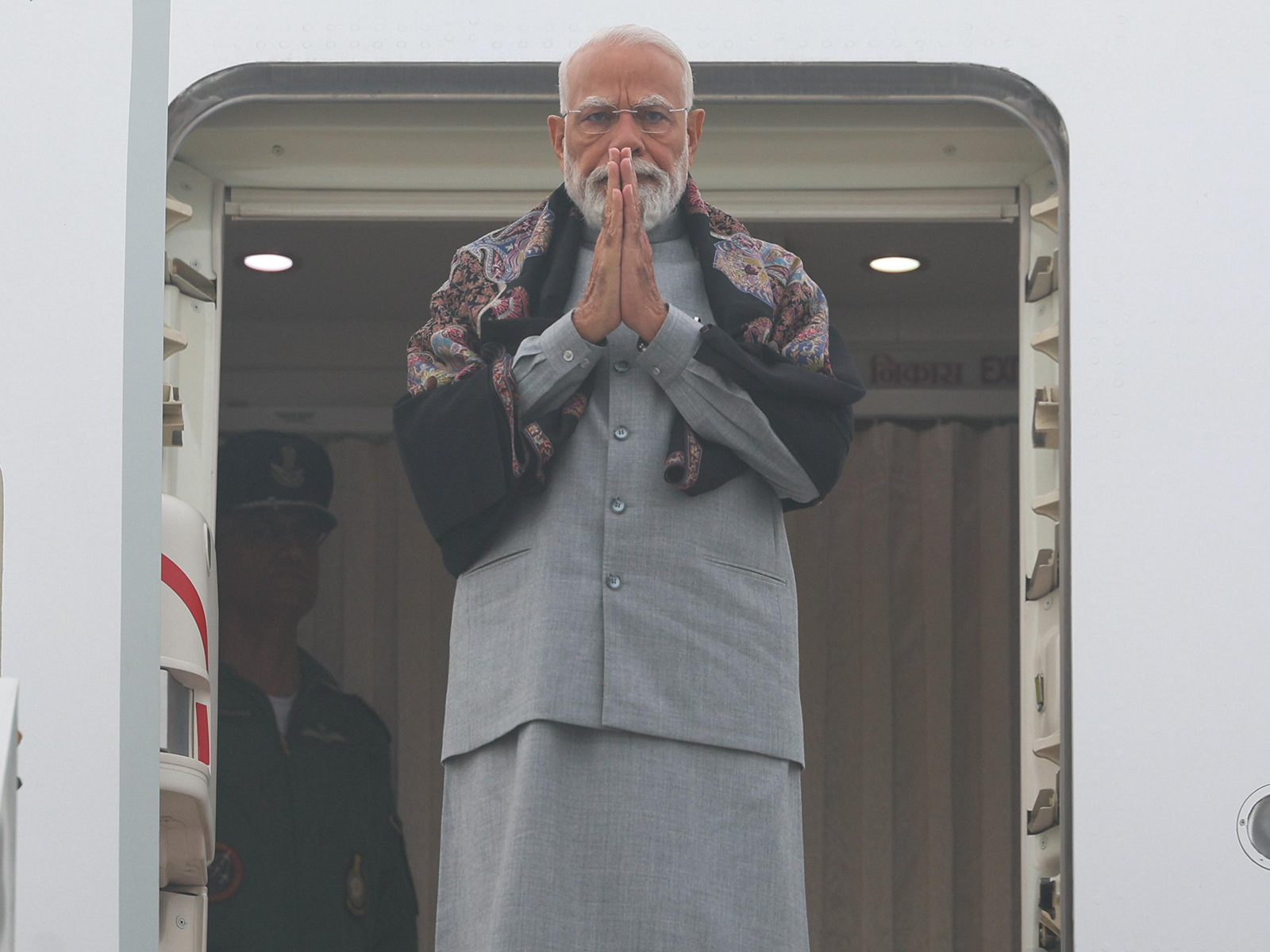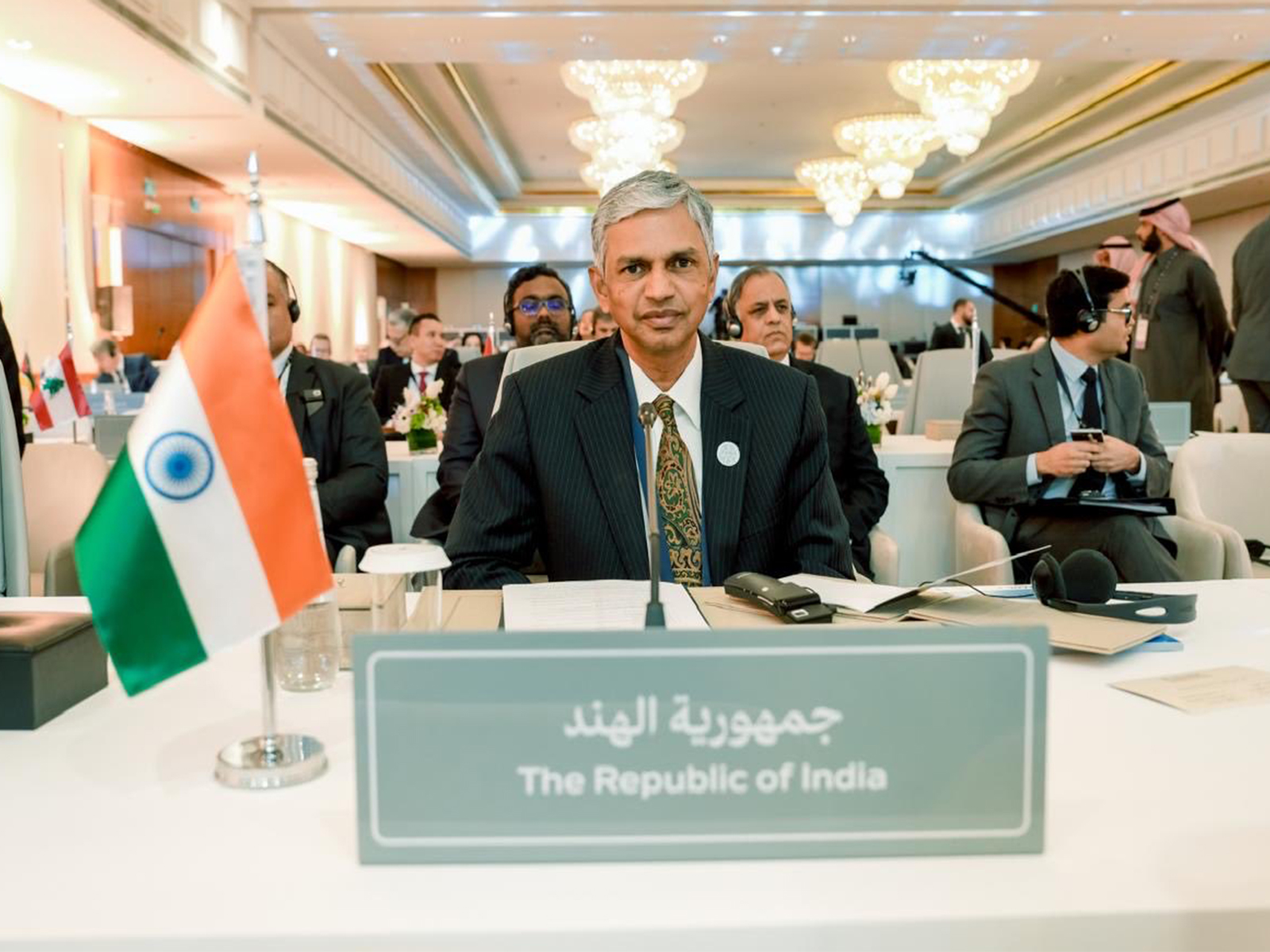Analysing Shopee's India Exit from a Singapore perspective
Apr 04, 2022

By Lee Kah Whye
Singapore, April 4 : Last week, Southeast Asian gaming and e-commerce giant, Sea Limited, once Singapore's largest company by market value, shut its Indian online shopping business citing "global market uncertainty".
Shopee, Sea's ecommerce arm, stopped sales on its Indian platform at midnight on March 29, although the company told customers and platform vendors that it will continue to fulfil orders made earlier and also operate after-sales services related to payments, refunds, returns and dispute resolution till May 30.
This comes barely five months after Shopee "soft launched" its services into India. Shopee reportedly has about 300 employees in India and over 20,000 sellers. Its app has been downloaded over 20 million times. Shortly after launching, it was processing 100,000 orders a day in India and its website received over 9 million visits in February.
Its departure from the Indian market is not unique to the way the company operates. It has in the past dipped in and out of markets. Its "pilot" in France lasted a month less than its India foray.
Sea Limited which is listed on the New York Stock Exchange once had a market value of USD208 billion when it hit its all-time high of USD372.70 in October 2021. At that time, the market valued Sea at almost three times of Singapore's next most valuable company, DBS Bank.
It's share price has since dropped, closing last week at USD121.10.
While India's ban on its popular action-adventure battle royale mobile game Free Fire which is published by its gaming division, Garena, has a part to play in its skidding share price, it is not the only reason.
After the ban, Sea's market value dropped by USD16 billion in a single day, as investors worried India could also embargo Shopee.
Earlier, in January this year, its share price also took a tumble as major shareholder, Tencent offloaded USD 3 billion worth of its shares to reduce its holding in the company from 21.3 to 18.7 per cent. This led to investor concerns about Tencent's long term commitment and confidence in the company. This is even though Tencent reiterated its commitment to retaining its substantial majority stake in Sea for the long term.
Another explanation for the falling share price is the declining revenue from its profitable gaming or digital entertainment division.
In its latest results announcement, it provided 2022 guidance which put revenue bookings for its digital entertainment division at between USD2.9 billion to USD3.1 billion, the top end of which is lower by almost a quarter of the USD4.6 million it booked in 2021. The company attributed the decrease to "economies reopening further in the fourth quarter and into this year" and "moderation in online activities and fluctuations in user engagement". It also took into account the unavailability of Free Fire in India.
This is alarming since the e-commerce division has always been funded by profitable digital entertainment which includes Garena's Free Fire. Digital entertainment generated USD2.5 billion of profit in 2021 whereas the e-commerce arm lost almost USD2.8 billion. Revenue are USD4.3 billion and USD5.1 billion respectively.
It should also be noted Sea's share price falling 45 per cent since the beginning of the year is in line with the broader trend for US-listed so-called "growth stocks" - listed companies that multiply their revenue quickly but, in many cases, remain unprofitable.
These stocks have done badly since the beginning of the year as investors turn to the more established firms in times of uncertainty due to the war between Ukraine and Russia and rising interest rates. For comparison, revered investor Cathie Wood's flagship Ark Innovation ETF (exchange traded fund) which invests exclusively in growth companies is down 30 per cent for the year and is about 58 per cent off its peak achieved in February 2021. The technology-laden Nasdaq index is also lower by 10 per cent year-to-date.
In September 2021, Sea raised about USD6 billion in an equity and convertible bond sale, making it Southeast Asia's largest fund-raising exercise then. The company priced 11 million American Depository Receipts at USD318 each, together with USD2.5 billion in a convertible bond, when its share price was above the USD300 level.
With its lower share price, it is unlikely in to be able to raise cash at that level again in the near future and thus has to be more cautious with its spending. Due to the need to finance its fast-growing but unprofitable e-commerce division, based on its cash burn rate, it may have to make a call for funding again in about two years.
Although the company did not report its cash burn rate, investment analysts estimate that it will need USD3.6 billion of cash in 2022. As at the end of FY 2021, it has cash and short-term investment position of USD10.2 billion.
The India exit will allow Sea to focus on its core markets of Taiwan and Southeast Asia where it is the undisputed number one and the South American market where it is doing well in and growing fast.
In Brazil, Shopee is gaining popularity and breathing down the neck of incumbent and dominant player MercadolLibre. It has also launched services in Chile, Colombia and Mexico in 2021. At the start of this year, it has also launched Shopee in Argentina.
Similar to the situation in India, before its launch in Brazil, Sea's online game Free Fire was the highest-grossing mobile game in Brazil.
Shopee typically leverages the success of Free Fire in its launches in new markets. The popularity of the game gave Sea access to hundreds of millions of gamers, to use for cross-promoting its e-commerce platform. The game also brings a level of name recognition and consumer trust. The loss of Free Fire in India not only caused the company to lose this edge, it has also created a sense of uncertainty about whether regulatory action will create problems for Shopee as well.
Already, it has seen pressure from Indian retailers who complain of unfair competition and steep discounting which impacts the earnings of local merchants.
To succeed in India, Shopee knows that it has to play the long game. Investing in and breaking into the market where there are already a host of well-established incumbents will not only require patience and years but also millions and if not billions of dollars before they can turn a profit. It had to weigh the uncertainty of a forced closure which is totally out of its control, against the probability of succeeding in a lucrative market with a fast-growing middle class and soon to be the world's most populous nation.
The exit announcement which took place at the start of last week seems to have been well received by investors with the share price rising over eight per cent during the week.
Singapore brokerage CGS-CIMB analysts Ong Khang Chuen and Kenneth Tan said in a report last Tuesday that Shopee's exit from India should ease investor concerns over the group's significant cash burn, especially given that its funding source in the country - Free Fire - has been impacted.
"The exit could also help Shopee focus on growing its core markets, or potentially quicken its pace of narrowing losses in the coming quarters," they said. They have an "add" recommendation for the stock with a target price of USD202.




















